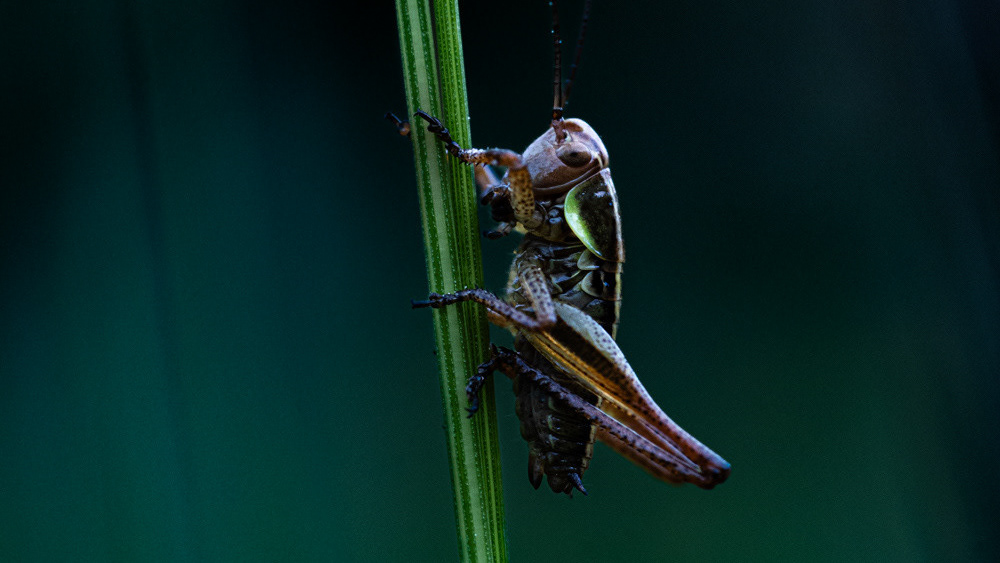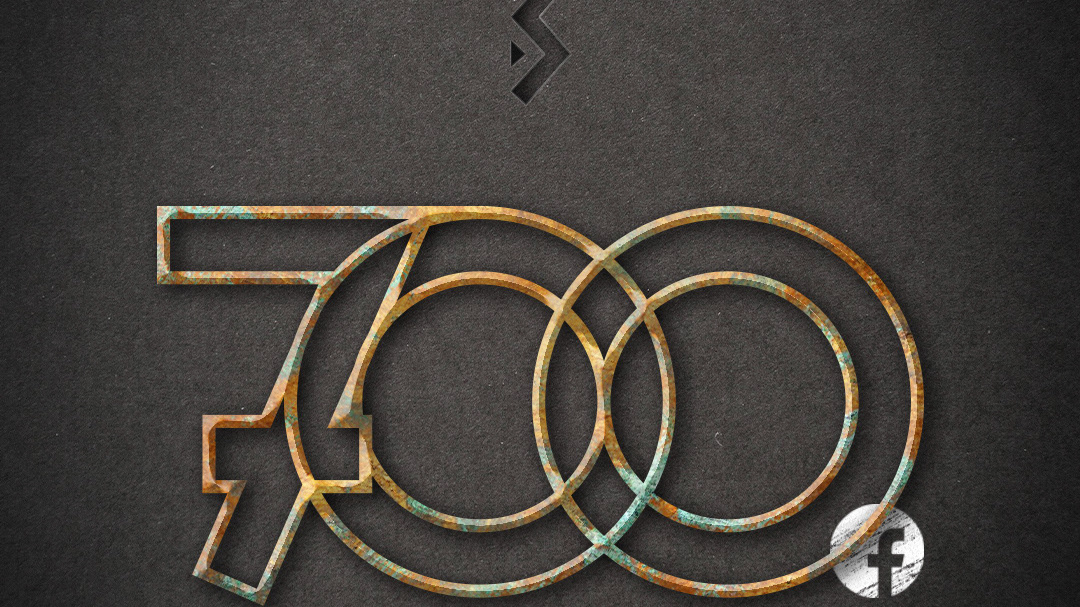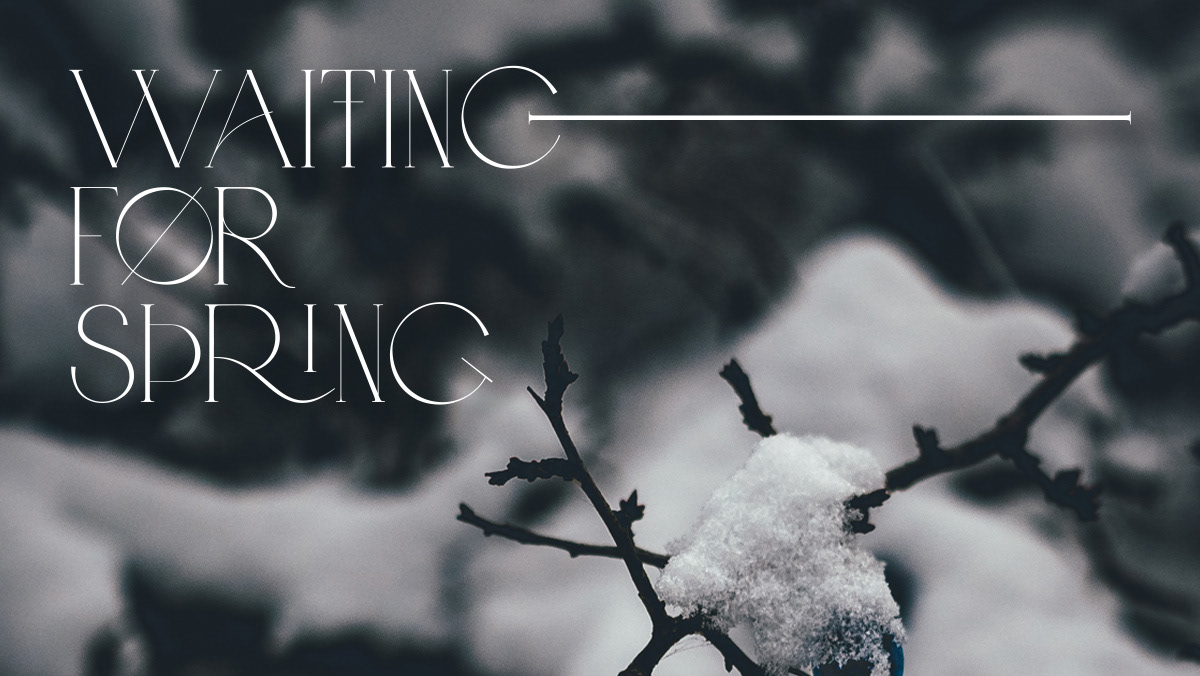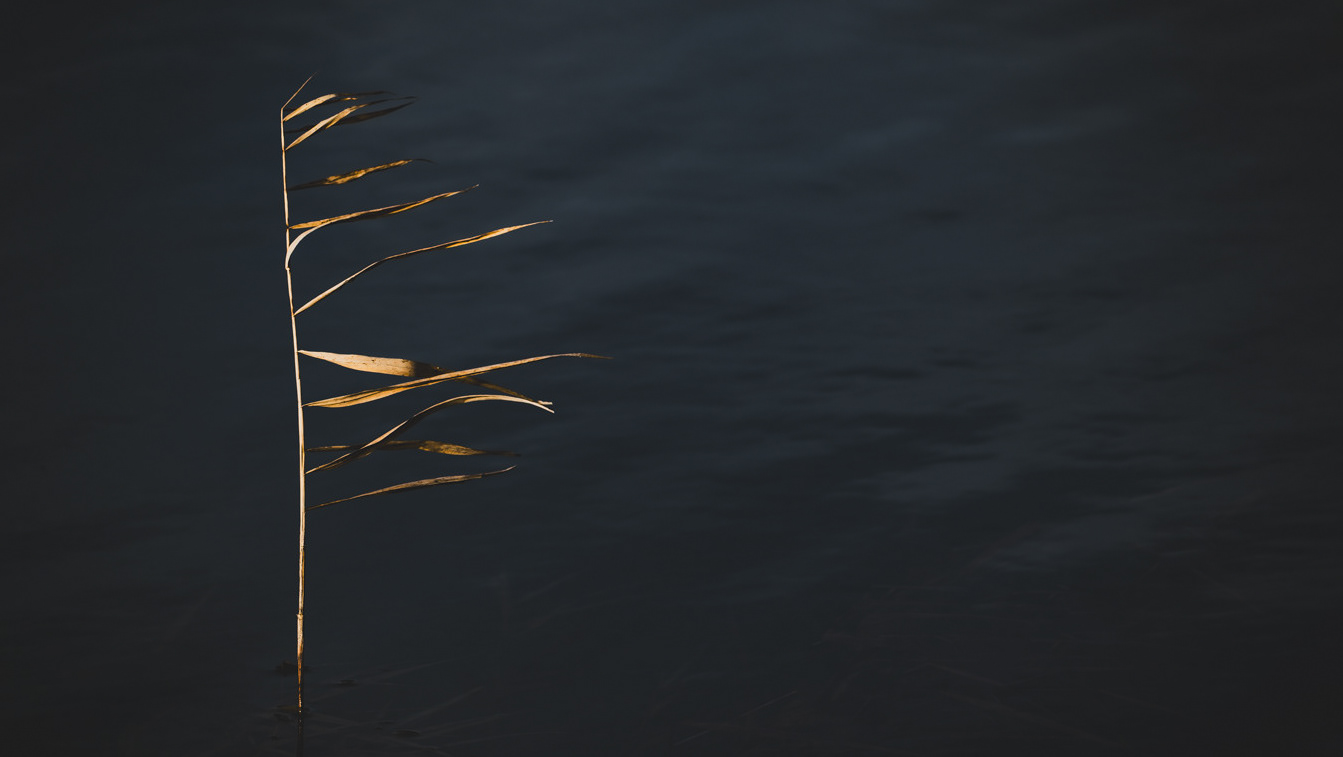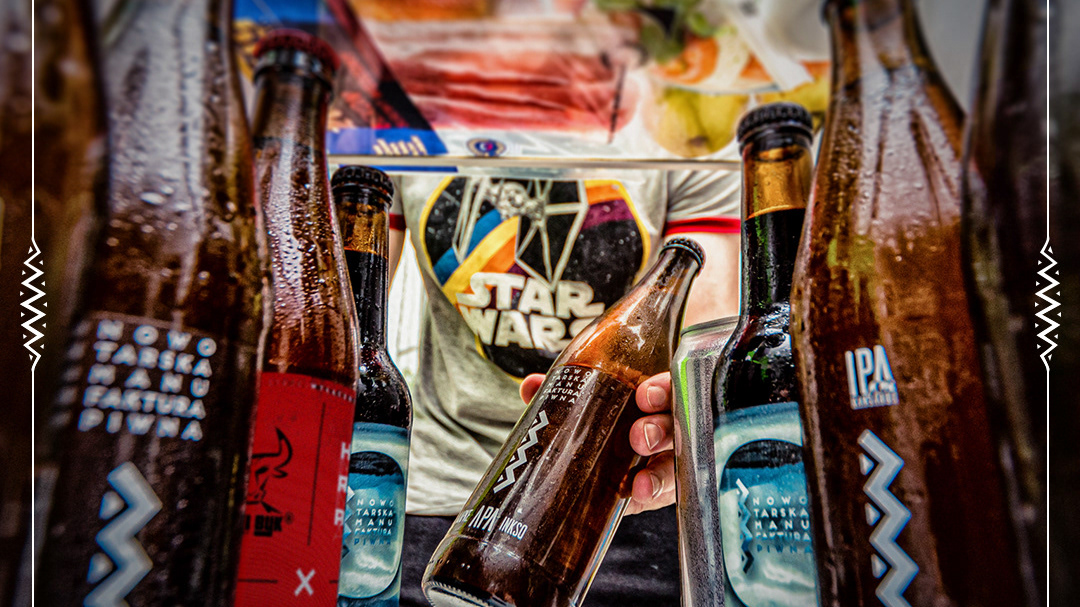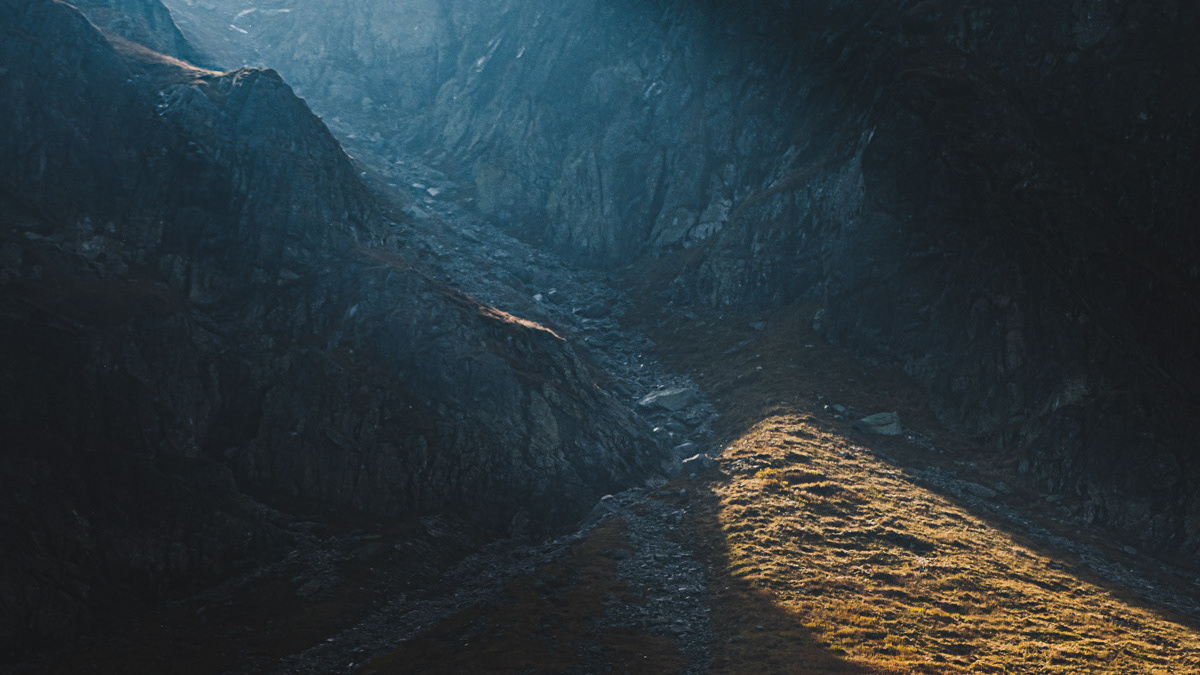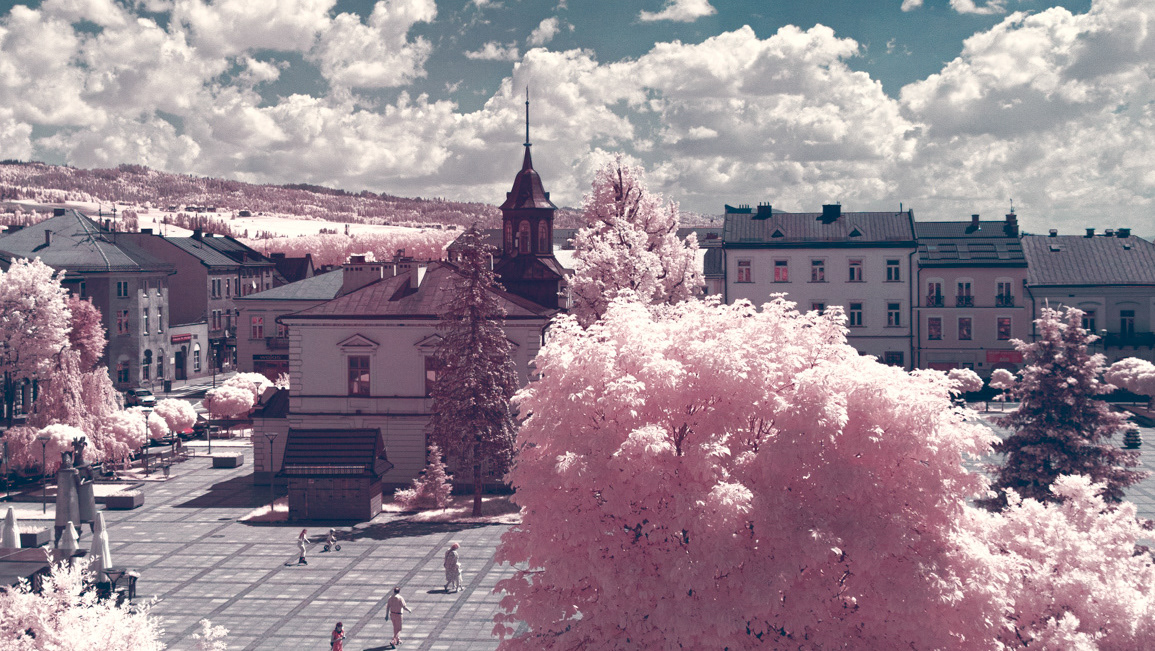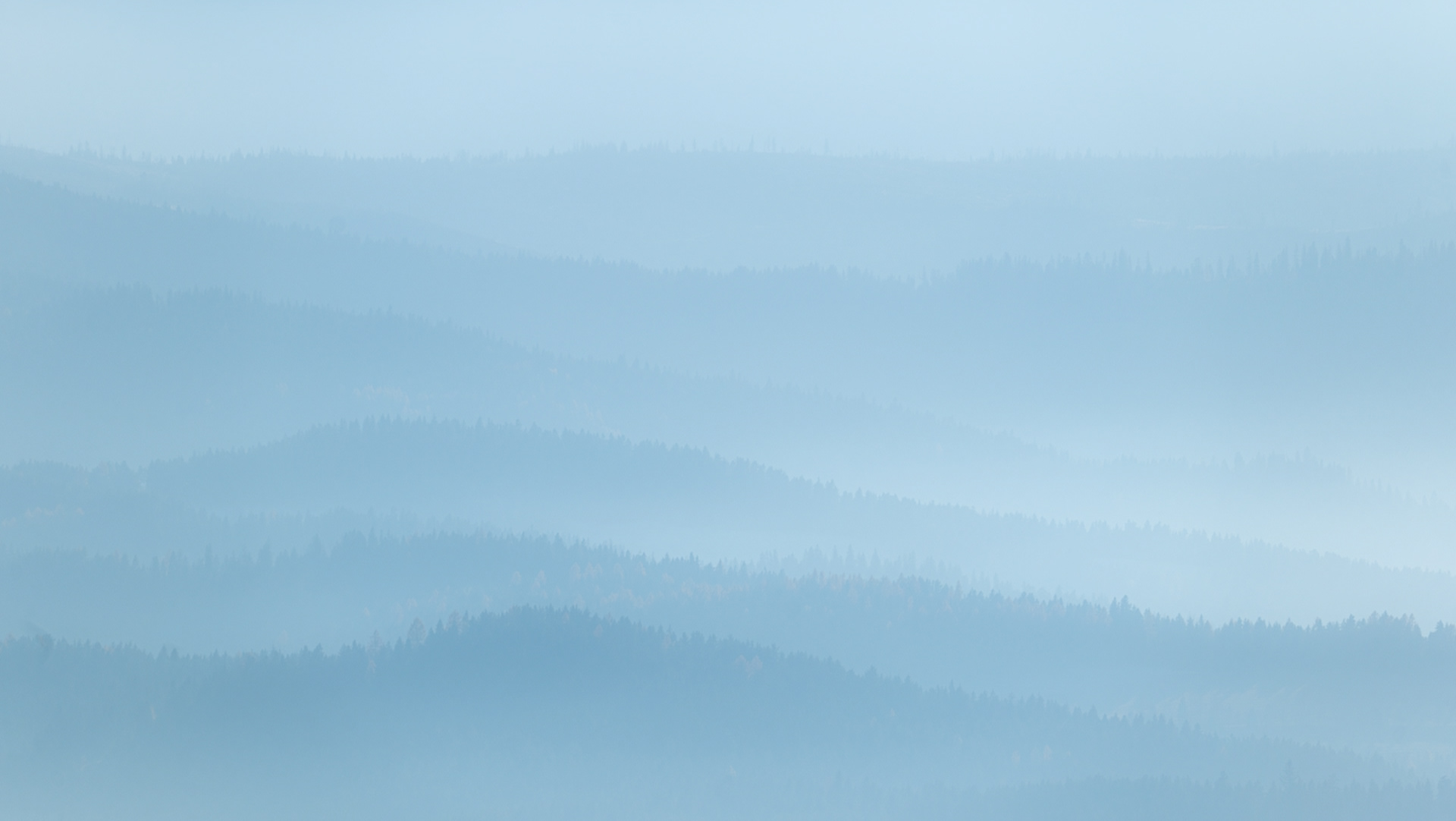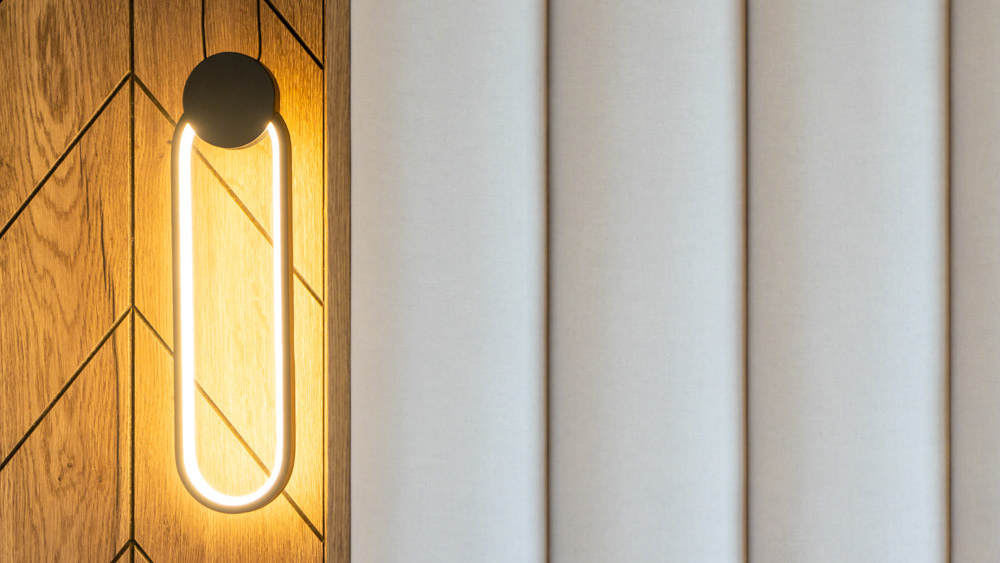The Great Orion Nebula (M42)
from the center of Nowy Targ.
Update: I’ve added material processed using PixInsight — in my opinion, even at the stacking stage there’s a noticeable difference compared to editing in Siril, and the more I worked on the image, the better it got. I have no doubt now that PixInsight will be the next addition to my image processing software suite.
Its distance from us is a little over 1,300 light-years, making it the closest star-forming region to our corner of the Universe. The diameter of this illuminated cloud of gas and dust is about 30 light-years. At its center lies a group of young, massive stars called the Trapezium, which shape the nebula’s brightness and form — it’s the brightest area in the image, especially noticeable in HDR mode (not supported by Facebook, so I invite you to check it out on Instagram).
The photos were taken on the first cloudless night in over a month — if I remember correctly. And it doesn’t look like there’ll be another one anytime soon (I’ve also got Lemmon, but it’ll have to wait its turn).
Processing: Siril, StarNet, Photoshop, Lightroom Classic.
Final file in HDR — something I’ve been enjoying lately, though not every platform or device can show its full potential — you just need a good monitor/display and an app that supports it (for now, only IG and Threads).
I hadn’t used Siril for almost three years. I remember we didn’t really get along at first, and to be honest, I still don’t quite know what to think about it — but I guess it turned out okay for a first try after such a long time.
Light 120×120s + dark, bias, flat (city center),
SWSA GTi,
Askar 71F + 0.75× reducer,
Svbony UHC,
ASI 2600 MC Pro,
ASI Mini 120,
Askar 32mm,
AsiAir Plus.
Askar 71F + 0.75× reducer,
Svbony UHC,
ASI 2600 MC Pro,
ASI Mini 120,
Askar 32mm,
AsiAir Plus.
Equipment from the reliable www.teleskopy.pl
_______________________________________
Wielka Mgławica w Orionie (M42)
z centrum Nowego Targu.
Aktualizacja: dodałem materiał edytowany przy użyciu oprogramowania PixInsight - moim zdaniem, już na etapie stackingu, widać sporą różnicę w porównaniu do edycji w Siril, a im dłużej edytowałem zdjęcie, tym było lepiej. Nie mam teraz wątpliwości że następnym zakupem z pakietu programów do obróbki będzie właśnie PixInsight.
Jej odległość od nas, wynosi nieco ponad 1300 lat świetlnych, co czyni ją najbliższym naszemu zakątkowi Wszechświata obszarem gwiazdotwórczym. Średnica tej rozświetlonej chmury gazu i pyłu to około 30 lat świetlnych. W jej centrum, znajduje się grupa młodych, masywnych gwiazd zwana Trapezem, które wpływają na jasność i kształt mgławicy - to ten najjaśniejszy obszar na zdjęciu, szczególnie widoczny w trybie HDR (fb nie obsługuje, dlatego zapraszam na Instagram).
Zdjęcia wykonane pierwszej bezchmurnej nocy od ponad miesiąca?… jeśli dobrze pamiętam . No i nie zapowiada się na kolejną (mam też Lemmona, ale musi poczekać na swoją kolej).
Obróbka: Siril, StarNet, Photoshop, Lightroom Classic.
Plik wyjściowy w HDR - czyli coś, co ostatnio bardzo lubię , ale nie wszędzie i nie wszystkim ten format może pokazywać pełnię swoich możliwości - po prostu trzeba dobry monitor/wyswietlacz …. no i apke która to ogarnia (na razie tylko IG i Threads).
Sirila nie używałem od chyba trzech lat. Pamiętam, że nie polubiliśmy się od razu i w sumie do tej pory nie wiem, co mam myśleć o tym programie, ale chyba jakoś to wyszło, jak na pierwszy kontakt od tak długiego czasu .
Light 120x120s + dark, bias, flat (centrum miasta),
SWSA GTi,
Askar 71F + redukcja 0,75x,
Svbony UHC,
ASI 2600 MC Pro,
ASI Mini 120,
Askar 32mm,
AsiAir Plus.
Sprzęt od niezawodnych www.teleskopy.pl
PixInsight (color and black&white):
Siril:

